Accounting
Are you interested in numbers, the communication of financial information, corporate finance, software programs, or data analytics? If you are then the Accounting pathway is a great choice for you. Jobs in this area might include a budget analyst, business and financial consultant, financial analyst, financial examiner, finance manager, management analyst or personal financial advisor. An accounting major gets a strong education in business administration, diving into the technical intricacies of accounting and developing other skills required in an accounting role.
Business Pathway
Business Pathway
Program Curriculum
ASSOCIATE OF ARTS
FIRST YEAR:
First Semester
Total 15 Hours
Second Semester
- Public Speaking I SPT/COM 1113
- *Business Elective (3)
- History Elective (Continuous) (3)
Total 15 Hours
SECOND YEAR:
First Semester
- Natural Science w/Lab (4)
Total 16 Hours
Second Semester
- Literature Elective (3)
- Natural Science w/Lab (4)
Total 16 Hours
Consult with your chosen transfer university/college to determine changes to this curriculum.
*Choose from the following Business Electives:
BAD 1113 Introduction to Business
BAD 2213 Introduction to Marketing
BAD 2513 Introduction to Management
BAD 2533 Computer Applications in Business & Industry
BAD 2813 Business Communications
BAD 2853 Business Ethics
**ART 1113 Art Appreciation, MUS 1113 Music Appreciation, or SPT 2233 Theatre Appreciation
*Choose from the following Business Electives:
BAD 1113 Introduction to Business
BAD 2213 Introduction to Marketing
BAD 2513 Introduction to Management
BAD 2533 Computer Applications in Business & Industry
BAD 2813 Business Communications
BAD 2853 Business Ethics
**ART 1113 Art Appreciation, MUS 1113 Music Appreciation, or SPT 2233 Theatre Appreciation
Enrollment in a minimum of 15 hours each semester is recommended for eligibility for state aid, institutional scholarships, and the tuition break.

